Plastic Free July sparked the question “what more can we be doing?”
We are constantly challenging ourselves at Travis Schultz & Partners (TSP) to think of new ways to reduce waste and work effectively, collectively toward a cleaner world and a circular economy.
Being part of the solution
We have implemented initiatives into our offices to assist in the transition away from a linear economy and toward a circular economy. Put simply, a linear economy is the “take, make, dispose” way we currently live. It is the method of transforming raw materials into products (cars, mobile phones, clothes, shoes and everything in between) and eventually disposing of the unusable material. This linear economy is the mass production of items that have only “one life” and these products inevitably end up in landfill.
Conversely, a circular economy is sustainably based with the main focus being to eliminate waste while preserving (or even improving) the quality of everyday products. To do this, raw materials are used in a way during production that at the “end of their life”, they are able to be broken down, recycled, upcycled, refurbished or composted. Essentially, the aim of a circular economy is to make and use products that can be used again and again, rather than being disposed. A circular economy uses resources that are biodegradable of nature, in turn enabling it to be either reused or returned to nature.

Small steps for a big change
Although we don’t make anything at TSP, we have introduced several recycling and purchasing strategies.
Recycling products and packaging often results in a second life (soft plastics are often made into bench seats in supermarkets or produce boxes). Some of the things we recycle include:-
- Used batteries, used pens, used electronics;
- Bottle caps;
- Soft plastics;
- Cardboard and paper;
- Bottles and cans (with 100% of proceeds going to an environmentally conscious charity).
These “new” recycled products need a consumer base otherwise, economically, these recycling solutions will fail. At TSP, we have reviewed our procurement procedures and try to keep the environment in mind when purchasing items for the office. Currently, we:
- Purchase recycled toilet paper, tissues and paper towel from an environmentally and socially conscious company that also offers carbon neutral delivery and who donate part of their profits to build toilets in third world countries;
- Purchase plastic free hand soaps from a local Sunshine Coast company who also offer carbon neutral delivery and use part of their profits to cleaning up ocean plastic;
- Are reviewing all cleaning items around the office to make the swap to products from sustainable, ethical companies. We strive to support companies that align with our values in the hope that one day we can live in a world where a circular economy is the norm.
In addition, we recently ran a competition at our Mooloolaba office to challenge staff to collect as much litter on their lunch break as possible. The winners were gifted with a sustainable present including mesh produce bags and a plastic-free reusable cutlery kit. Further, some of our amazing staff have committed to reduce their plastic waste in July and are smashing that challenge!
So, what more can we be doing? The answer to this is a list that seems to be never ending. However, we have found it is effective implementing small changes, often. Sparking the conversation around waste and the impact it is having on the world gives our team the intent to make positive changes both in the office and in everyday life. Collectively, these small actions have big impacts.
Plastic Free July for us has been the reminder we needed – that everything we are doing has an impact, but to never stop contemplating ideas to improve our practices. It is important to remember that every action we take and every choice we make has a consequence. It may be cliché, but it’s the truth – together we really can make a change.
Plastic Free July at Travis Schultz & Partners
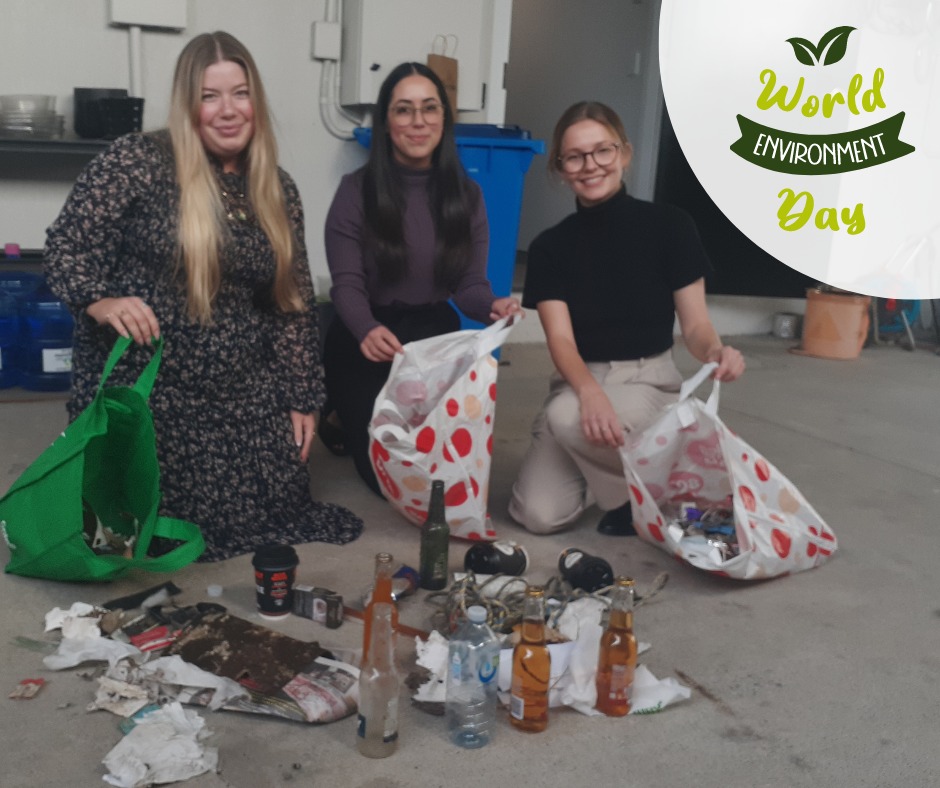
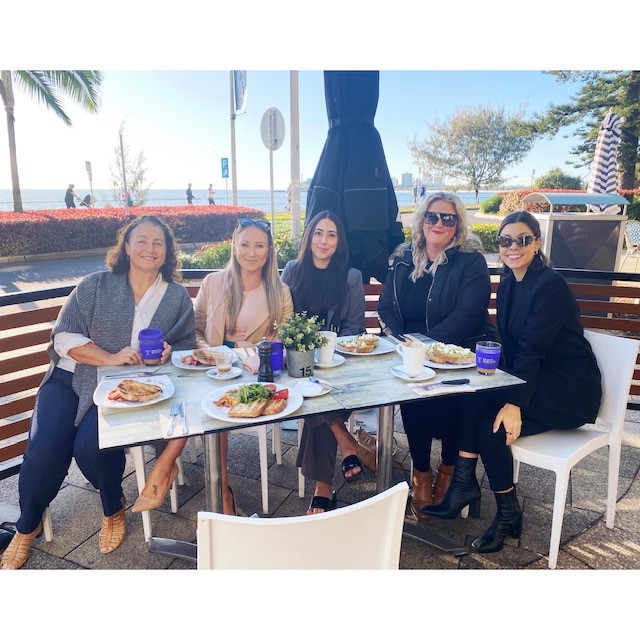
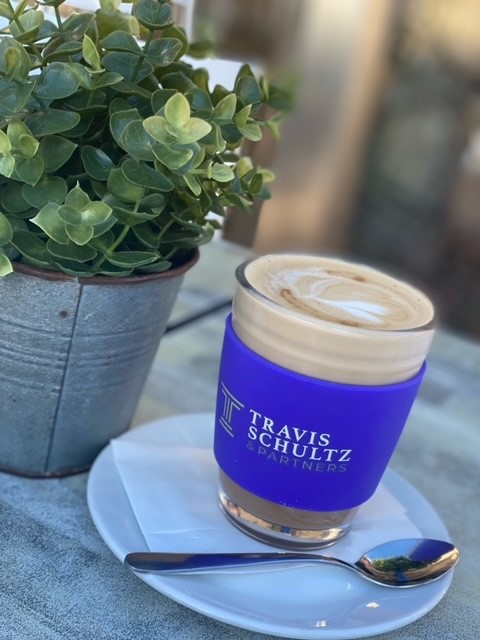
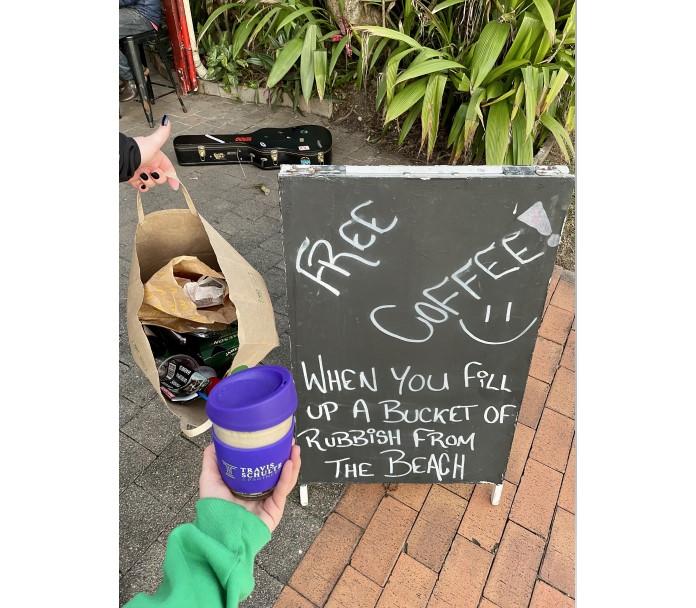
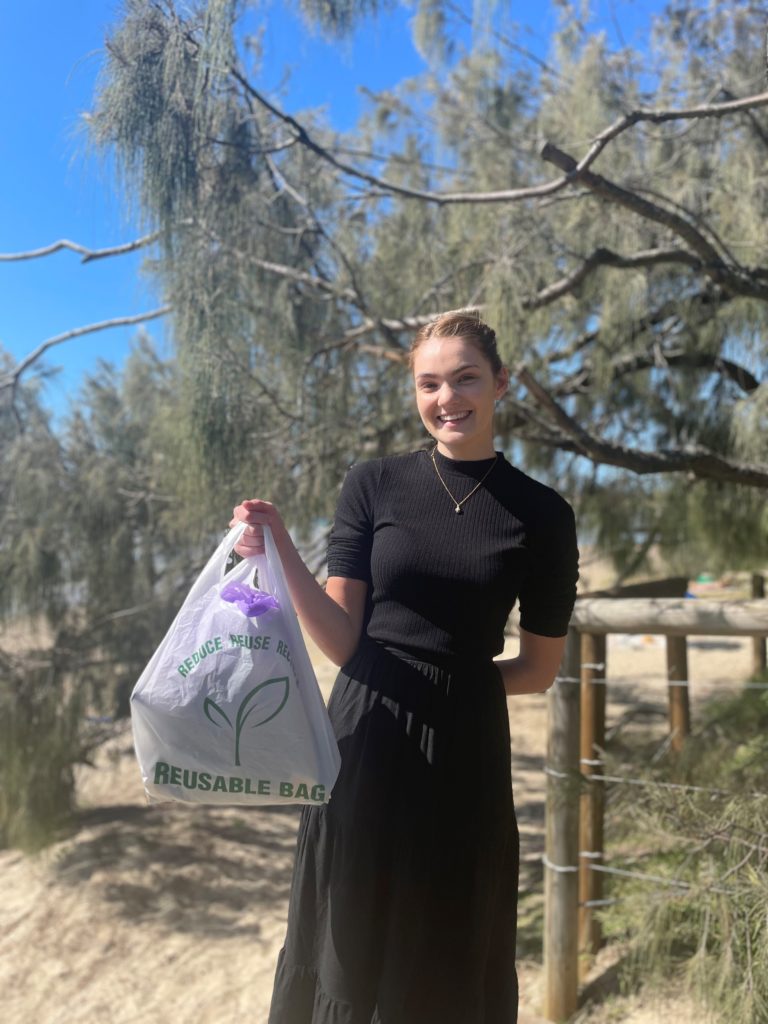
Paralegal
View Bio >
